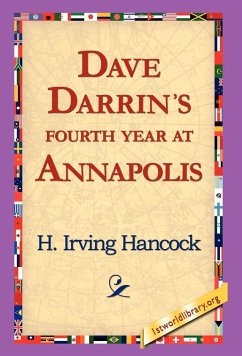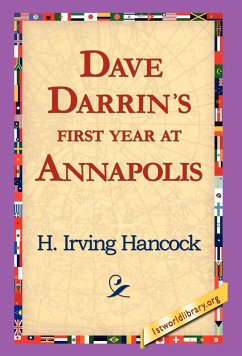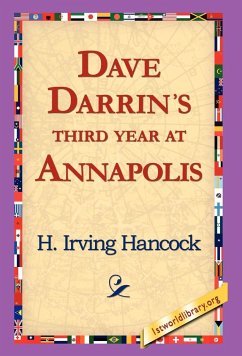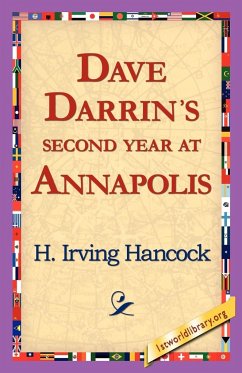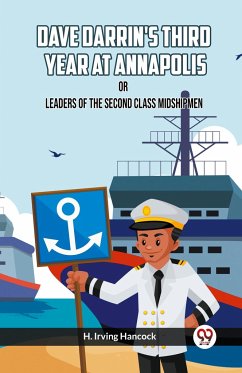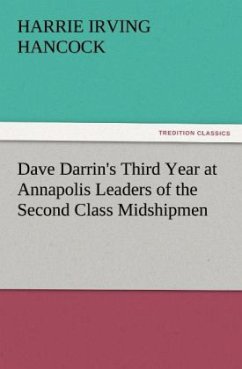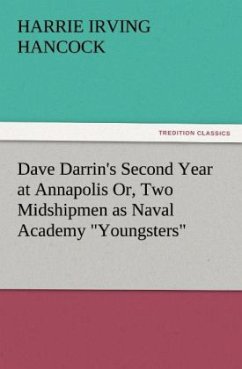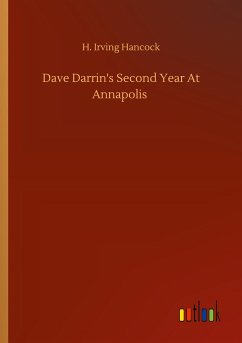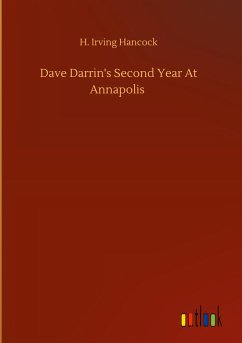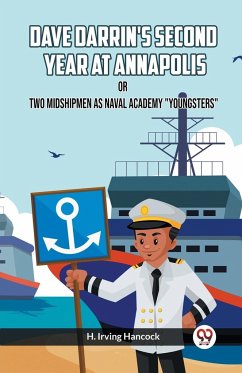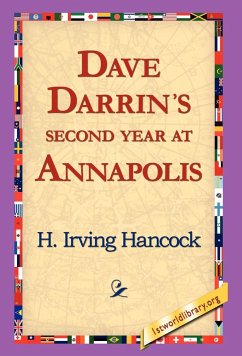
Dave Darrin's Second Year at Annapolis
Versandkostenfrei!
Versandfertig in über 4 Wochen
25,99 €
inkl. MwSt.

PAYBACK Punkte
13 °P sammeln!
How can a midshipman and gentleman act in that way? The voice of Midshipman David Darrin, United States Navy, vibrated uneasily as he turned to his comrades. "It's a shame - that's what it is," quivered Mr. Farley, also of the third class at the United States Naval Academy. "But the question is," propounded Midshipman Dan Dalzell, "what are we going to do about it?" "Is it any part of our business to bother with the fellow?" demanded Farley half savagely. Now Farley was rather hot-tempered, though he was "all there" in points that involved the honor of the brigade of midshipmen.



